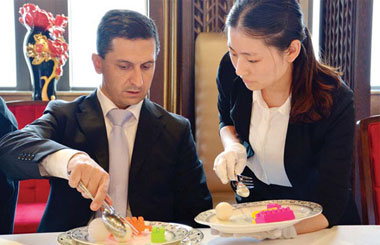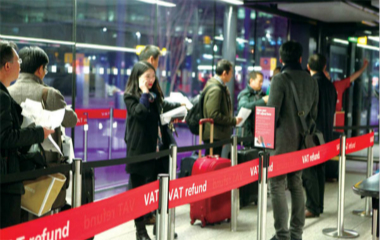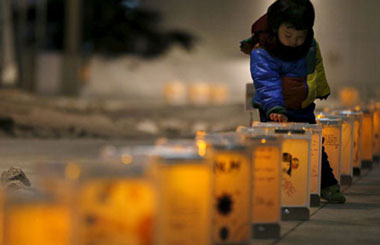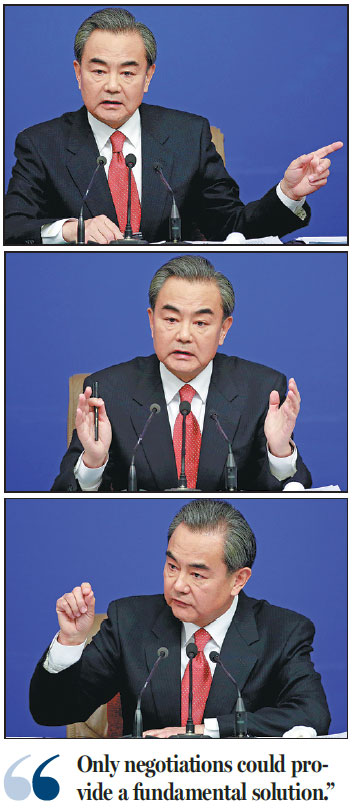'Flexibility vital' to solve nuclear issue
Updated: 2016-03-09 08:19
By Zhang Yunbi(China Daily)
|
|||||||||
Maintaining stability on the Korean Peninsula is a priority as a renewal of negotiations is sought, says foreign minister
China is displaying flexibility on resolving the Korean Peninsula nuclear issue, according to experts, while Foreign Minister Wang Yi said Beijing is "open to any initiatives" that could help bring the issue "back to the negotiating table".
At a news conference on Tuesday in Beijing during the annual two sessions, Wang said that those involved "have also suggested some ideas, including flexible contacts allowing three-party, four-party or even a five-party format".
|
Foreign Minister Wang Yi, speaking about the Korean Peninsula during a wide-ranging news conference on Tuesday. Photos by Feng Yongbin / China Daily |
After the Democratic People's Republic of Korea conducted a nuclear test and a rocket launch earlier this year, China called for an easing of tension and a restarting of the Six-Party Talks.
Wang said UN Security Council Resolution 2270, which recently expanded sanctions against the DPRK, must be implemented in its entirety. He also said sanctions are necessary and "maintaining stability is the pressing priority, and only negotiations could provide a fundamental solution".
The Six-Party Talks on the peninsula nuclear issue - involving China, the DPRK, the United States, the Republic of Korea, Russia and Japan - were launched in 2003 but stalled in 2008.
Ruan Zongze, vice-president of the China Institute of International Studies, said Wang's latest response "shows both a sense of duty and flexibility", because "no matter what the format of contacts will be, the goal is to achieve negotiation and avoid war".
Ruan said that one of the implied messages is that "Pyongyang should be part of the expected contacts because such contacts without the DPRK will be of no use".
ROK President Park Geun-hye has called for five-party talks, without the DPRK, and Ruan said "other parties should encourage the DPRK to get back to the table".
"Currently, the most demanding task is to secure stability, as the DPRK has responded fiercely to the UN resolution, while the US and the ROK are conducting more military drills on the peninsula," Ruan said.
Huang Youfu, a Korean studies professor at Minzu University of China in Beijing, said the greater flexibility is producing space for China and other parties as well.
Success in resuming negotiations on the nuclear issue will depend on the attitudes of Pyongyang, Washington and Seoul, Huang added.
When asked about recent China-DPRK ties, Wang said Beijing "will not accommodate" Pyongyang's pushing its nuclear and missile programs, while Pyongyang's need for development and security will be supported.
"China and the DPRK enjoy a normal state-to-state relationship with a deep tradition of friendship," the senior diplomat said. "China both values friendship and stands on principles."
zhangyunbi@chinadaily.com.cn
Today's Top News
Growth focus
Opening a window on rural China
Experts confident in growth objective
Clinton, Sanders spar over immigration
Scholar praises pragmatic government work report
China hits back at US over ZTE restrictions
Longer visas for foreign experts eyed to ease entry
China scholar praises pragmatic govt work report
Hot Topics
Lunar probe , China growth forecasts, Emission rules get tougher, China seen through 'colored lens', International board,
Editor's Picks

|

|

|

|

|

|







